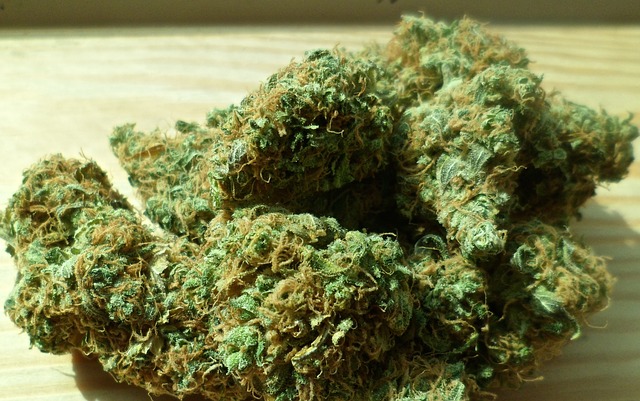
There are many reasons people are excited about the legalization of marijuana. Few minor cases clogging up the courts, less people behind bars for things that should never have been crimes in the first place, cops having more time to address real issues that make society unsafe… the list goes on. But the flip side of that coin hold the issues that detractors have been concerned about since before legalization happened. Issues like minors having easier access to pot, and more babies being born with THC in their bloodstreams.
Allowing kids access to drugs, even accidentally, can get you into trouble!
The law has always taken a dim view of parents allowing their children access to illicit drugs. So what does that mean for parents and soon-to-be-parents in Michigan? It means that anyone with children who chooses to use recreational marijuana, may have to account for their choices someday. And for mothers-to-be, that day of reckoning may come sooner that they’d expected, as hospitals still do blood tests on newborns to determine if the babies have been exposed to any drugs during the pregnancy.
No one underage can ingest weed – including babies!
Michigan law is very clear about who can use recreational weed, and kids are NOT on that list! Under Michigan’s new recreational marijuana laws, pot is only legally available to people over the age of 21. But what happens when the person using the weed is an adult who happens to be pregnant. All of their choices have an immediate effect on their growing baby, which includes the ingestion of marijuana. So what does the law say about pregnant women using marijuana? Can they do it, or does it count as child abuse once the baby’s born?
This is a big grey area in Michigan’s law…
While the law is very clear about exposing children to marijuana, and the fact that no one under 21 can use the drug, there isn’t anything on the books stating that moms-to-be can’t smoke pot or eat medibles during pregnancy. However, as soon as that baby’s born and the hospital blood tests come back positive for THC, you better believe that mom is going to have to answer to CPS for her choices. So this is a very complex subject. But two legislators think they may have a solution.
A new bill is proposing warning labels about the effects of weed on babies
State Representatives Thomas Albert and Daire Rendon have introduced a bill that would make it a legal requirement for all marijauana packaging to include warning labels about the effects of THC on a growing and breastfeeding baby. As Albert notes, he doesn’t think it will do much to keep women from using pot during pregnancy, but it may change public opinion about the safety hazards involved.
There is a danger to developing babies that needs to be acknowledged.
Although there is a considerable body of research and evidence to support claims that medical marijuana can be used effectively to manage pain, seizures, muscle spasms and nausea resulting from cancer treatment, it can have adverse effects on a child’s developing brain – and that includes the brain of a developing foetus. “With marijuana use becoming more widely accepted, the public’s perception of danger has gone down,” Albert says. “We must do more to inform the public and protect unborn and newborn babies from exposure to harmful marijuana products.”
If the state thinks you let your kids have access to drugs…
Whenever drugs and drug use is involved in the child abuse allegations against you, CPS will be hot on the heels of those claims. And once you’re up against possible child abuse claims and a CPS investigation, removal of your children, and even termination of your parental rights is a very real possibility. But it doesn’t have to be that way. The experienced child abuse defense team at The Kronzek Firm can help protect your family and defend your parenting rights. So call 866 766 5245 today, and make sure you have the help you need.
